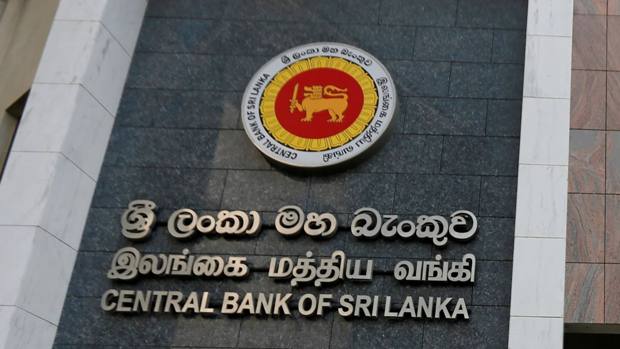COLOMBO – Sri Lanka’s third evaluation on its Anti-Money Laundering and Countering the Financing of Terrorism (AML/CFT) framework has been postponed by one year and rescheduled to commence in March 2026, the Central Bank said.
The delay is due to the two national elections held last year, a Central Bank official said.
Sri Lanka faces the risk of falling into the grey list for a third time if it fails to implement strong AML/CFT measures recommended by the global body. Such failure could dent the island nation’s economic recovery from sovereign debt default, analysts said.
Sri Lanka’s third Mutual Evaluation of its AML/CFT framework, coordinated by the Asia Pacific Group on Money Laundering (APG), was scheduled to commence in March 2025.
However, the evaluation, which assesses the country’s efforts to combat money laundering and the financing of terrorism, has been rescheduled to March 2026, the Central Bank said in its Policy Agenda for 2025 and beyond, released on Wednesday (8).
“Sri Lanka must ensure compliance with the 40 recommendations of the Financial Action Task Force (FATF) and demonstrate the effectiveness of its AML/CFT framework under the FATF’s 11 Immediate Outcomes,” the Central Bank said, adding that it had planned to further strengthen the conduct of risk-based AML/CFT examinations of banks in terms of the Financial Transactions Reporting Act (FTRA) and the recommendations of the Financial Action Task Force (FATF).
The high-level AML/CFT Task Force, reconstituted in December 2024 will remain operational until the successful completion of the Mutual Evaluation in July 2027, it said.
Sri Lanka is obliged to fulfil a raft of measures including passing new laws to comply with preventing AML/CFT laws before the next evaluation.
When a country is placed on the Financial Action Task Force (FATF) grey list, it faces several financial, economic, and reputational challenges including reduced access to global financial markets, decline in foreign direct investment (FDI), increased compliance costs, and risks of rating downgrading.
In 2019, Sri Lanka was removed for the second time from the grey list of FATF, a global anti-money laundering body, after the Central Bank took some actions mandated by the body. But it is at risk of falling into the grey list again if it fails to take stern actions against possible money laundering and terrorism financing loopholes.
The Cabinet has already approved 24 institution-specific action plans, which were prepared based on FATF criteria and gaps, identified during the previous Mutual Evaluation conducted in 2014/2015 and the National Risk Assessment (NRA) conducted during 2021/2022 on Money Laundering and Terrorist Financing (ML/TF).
“They are currently being implemented by the relevant stakeholders and implementation progress is continuously reviewed by the AML/CFT Task Force,” the Central Bank said, noting that its Financial Intelligence Unit (FIU), along with its stakeholders and working groups expects to conduct another update to the NRA by the second quarter of this year.
“This will consist of an assessment of tax crimes and proliferation financing risks as new areas, in addition to updating the 2021/2022 risk assessment,” the bank said, adding that in order to further strengthen the cooperation between FIU and non-financial institutions and their regulatory authorities, FIU expects to form several working groups.
The FIU has been pushing for anti-money laundering and countering terrorism financing compliance obligations and has been working on the FATF’s compliance measures in line with a request by the International Monetary Fund (IMF).
The IMF has urged Sri Lanka to comply with the latest international Anti- AML/CFT Compliance Obligations in return for its $3 billion bailout package.
The central bank said the FIU was in the final stages of drafting amendments to the three key pieces of AML/CFT legislation to strengthen the legal framework in alignment with international standards.
It also noted that the Furthermore, FIU will assist in the implementation of amendments to the Companies Act on beneficial ownership requirements and will assist with any other relevant legislative amendments or regulations related to AML/CFT, adding that to enhance intelligence sharing and strengthen international cooperation and compliance with global standards, FIU aims to increase the number of bilateral Memoranda of Understanding (MoUs), both domestically and with relevant foreign counterparts, as necessary.
-economynext.com



Comments are closed, but trackbacks and pingbacks are open.